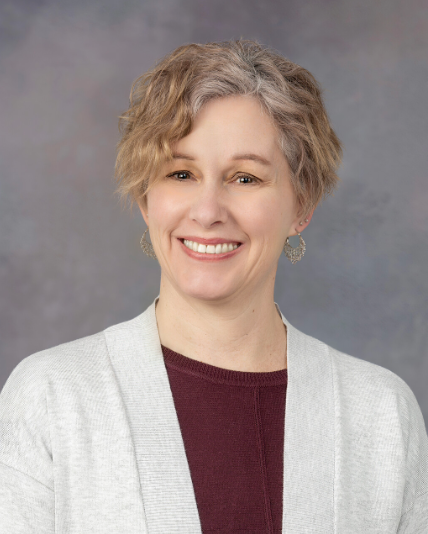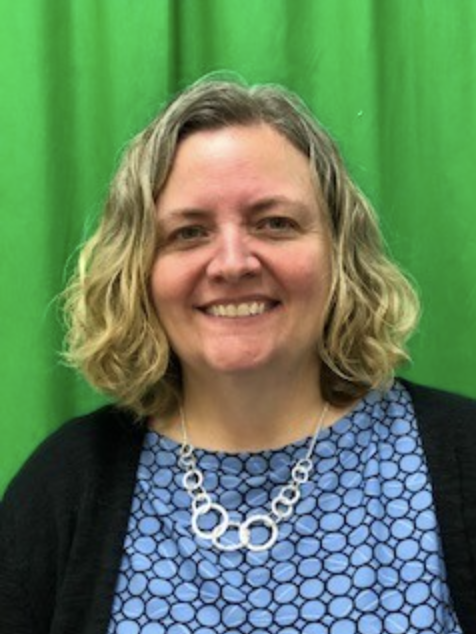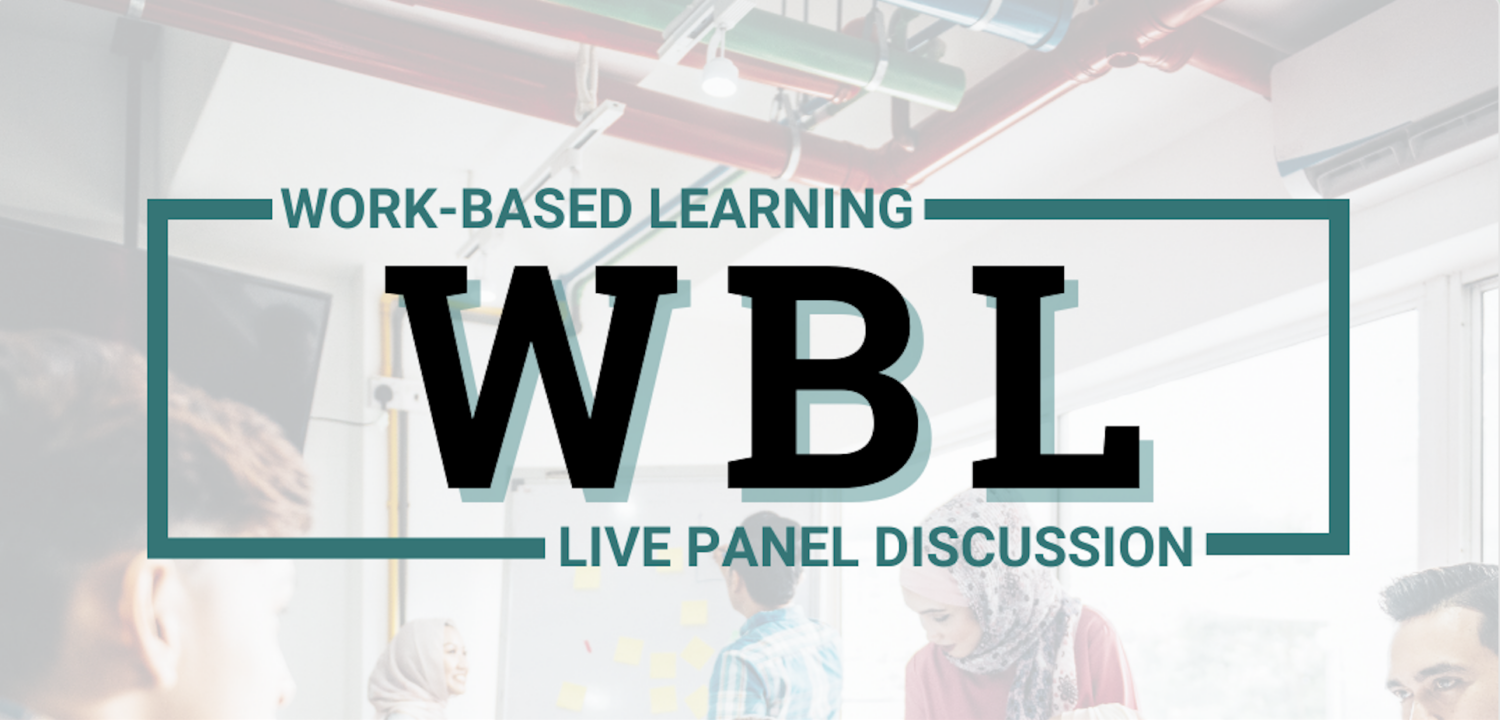Work Based Learning (WBL) provides students opportunities to apply what they learn in the classroom to career settings, an important step for preparing them for life after high school. Benefits of WBL programs include improving communication skills, problem-solving skills, and self-confidence. These early hands-on work experiences also lead to improved postsecondary outcomes and sustained long-term employment. Outcomes of WBL programs also show that they can help youth experience greater job satisfaction, build a professional network and references, and lead to higher wages.
Join us on April 20th at 1 pm CST to learn more from two seasoned professionals, Jennifer Weeks and Kristy Buffington, who will share tips and strategies for developing and sustaining WBL programs for deaf youth.
Note: a recording of this session will be made available one (1) month following the webinar.
Presenters

Kristy Buffington, MA, NIC, is the post-secondary transition coordinator for the Idaho Educational Services for the Deaf and the Blind. She also serves on several transition committees including the Idaho Coalition on Transition for Deaf and Hard of Hearing Youth, the Idaho State Department of Education Interagency Council on Secondary Transition, and the Magic Valley Transition Team. Additionally, Kristy is an adjunct instructor for Idaho State University’s Anthropology Department and teaches an anthropology of disability course. In her free time, she enjoys traveling and spending time with her husband, two teenage children, and their pets.

Jennifer Weeks is the Director of Secondary Transition Services at the Maryland School for the Deaf. Mrs. Weeks has over 20 years of experience working with students and families with a specialized focus in postsecondary transition. This includes providing direct employment services to students and their families, partnering with businesses, training transition personnel and implementing best practices strategies in the field. Her passion is to improve post-school employment outcomes for transition age youth for individuals who are deaf and hard of hearing. She currently leads a successful and nationally recognized program called Work to Learn.
Please visit here to learn more about MSD’s Work to Learn program.
Jennifer is currently in her 15th year leading Maryland School for the Deaf’s Secondary Transition department. Her educational background includes a Master’s degree in Rehabilitation Counseling from Virginia Commonwealth University and Bachelor’s in Social Work from Gallaudet University.









